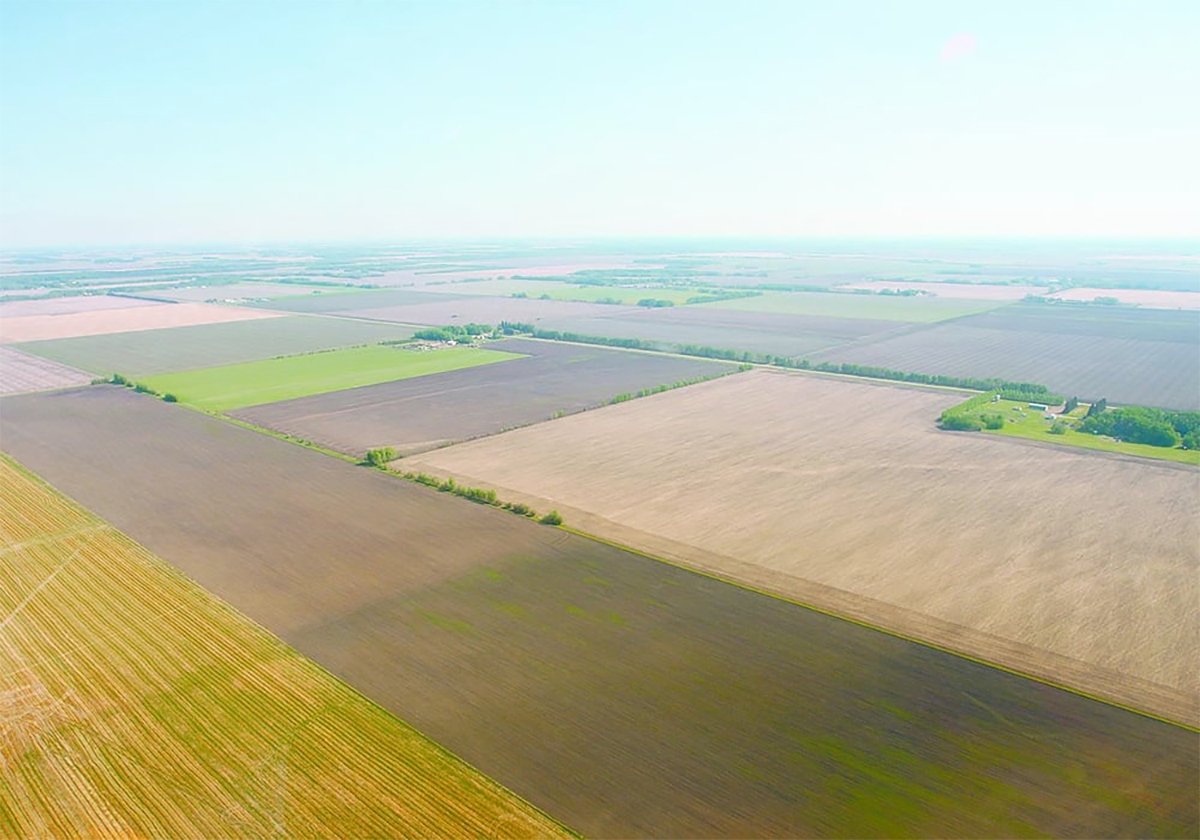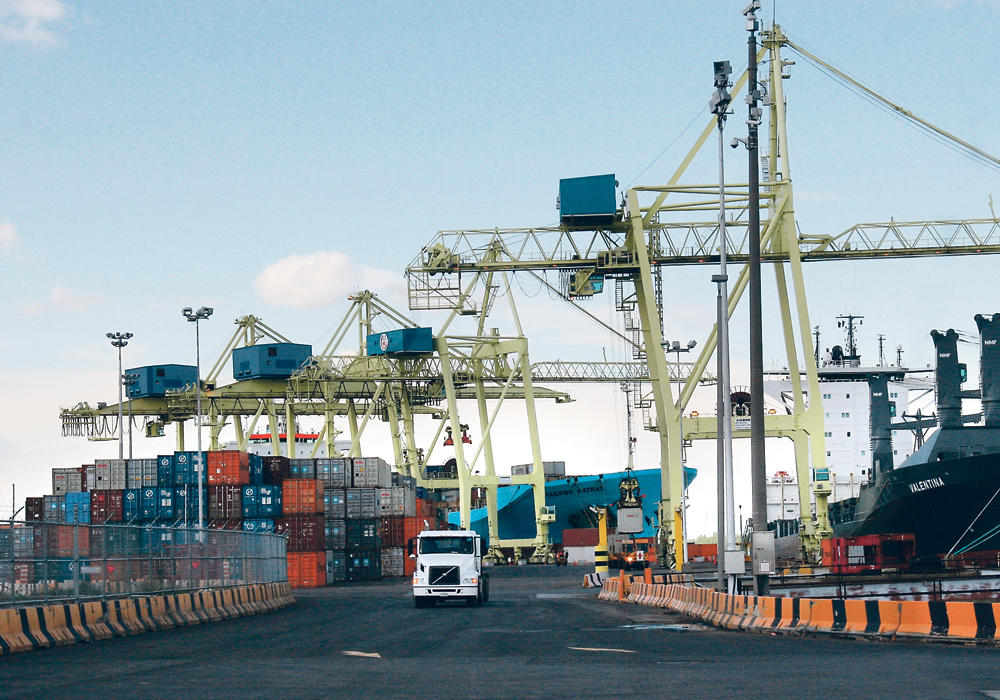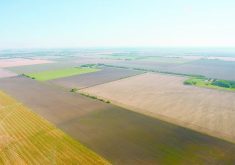Export Development Canada predicts that pent-up investment will be set free around the world, starting in 2021
The global economy will be in a holding pattern until 2021 and then watch out, says the chief economist of Export Development Canada.
“I sort of picture it like water that has been accumulating behind a massive dam and it’s just welling up,” said Peter Hall.
Companies have been holding back on trade and investment since 2016, waiting for some political stability in the world.
When Hall looks at the economic fundamentals, the world economy is actually in good shape and should be growing. Unemployment rates are low, wages are rising and consumers are buying.
Read Also

Saskatchewan amends farm land ownership regulations
The Canada Pension Plan Investment Board can no longer own Saskatchewan farmland.
“None of this makes any sense,” he said during a webcast.
World trade should not be stagnating.
But it is.
“This is anomalous. This should not be happening,” said Hall.
“But what businesses are telling us the world over is, ‘look, there’s so much uncertainty out there we don’t know how to invest into this.’ ”
They are operating in a world where tariffs are being imposed “willy-nilly,” free trade agreements are torn up and walls are literally being built between countries.
“At the moment what we’re seeing is this massive pullback and it’s directly related to political uncertainty,” he said.
Hall attributes the uncertainty to the rise in populism. Studies have shown populism is at its highest level since 1900 with the lone exception of the Great Depression.
“It’s a spike the like of which we hardly ever see,” he said.
EDC thinks the world will be in a holding pattern until key political differences are sorted out.
“Things (won’t be) great but we don’t have it dipping into recession,” said Hall.
And then in 2021 the dam is going to break and the world economy will be awash in pent-up business investment and exports.
He is forecasting a trade agreement between the United States and China and a resolution to the United Kingdom’s Brexit by mid-2020, paving the way for 4.2 percent growth in global gross domestic product in 2021.
That is well above the recent three percent forecast by the Organization for Economic Co-operation and Development (OECD). The difference doesn’t sound like much, but it amounts to trillions of dollars.
Hall said he is more optimistic about a quick resolution to the world’s most pressing trade disputes than the OECD.
He believes U.S. President Donald Trump is aware that no sitting president has ever been re-elected during a recession, while Chinese President Xi Jinping knows that a faltering economy has caused the downfall of previous dynasties.
Meanwhile, the Bank of England has estimated that a no-deal Brexit would shave 5.5 percent off the gross domestic product of the United Kingdom.
Hall noted that the average developed economy lost 4.4 percent of its GDP during the Great Depression, so he doubted the U.K. would allow that to happen.
He advised companies to stop waiting for the world economy to kick into gear. He said it is time to engage in merger and acquisition conversations and explore other opportunities in the supply chain.
“Don’t get swamped by the wave, ride the wave going forward,” said Hall.
“Dare to diversify. Now is as good a time as ever.”
Hall said he thinks the Canadian dollar will gradually gain strength, drifting from 75 to 76 cents per U.S. dollar to 80 cents by 2021.


















